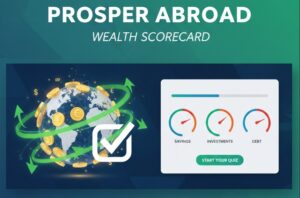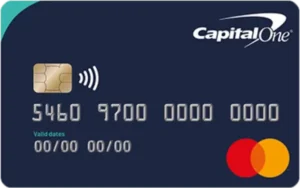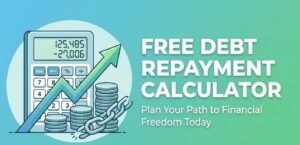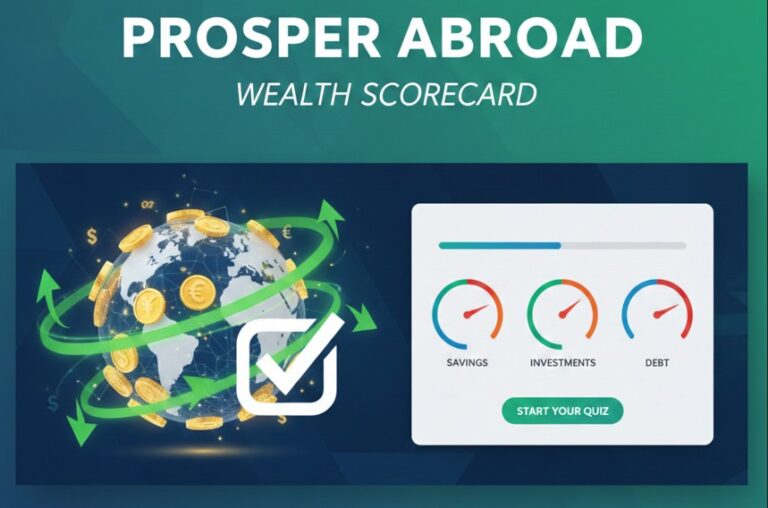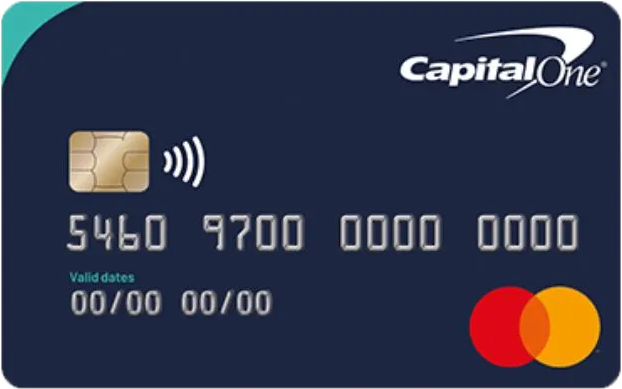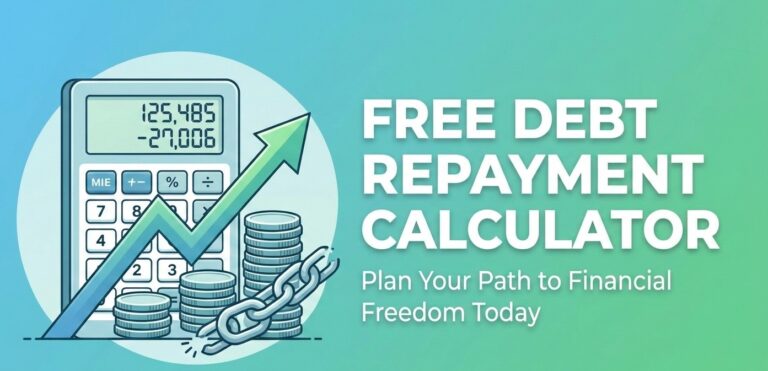The Ultimate Guide to the Best Credit Cards for Beginners in the UK (2025)
Your First Credit Card: A Powerful Tool for Your Financial Future
Taking the first step into the world of credit can feel like a major milestone, and it is. This guide is designed to help you find the best credit cards for beginners in the UK. The goal is to reframe the conversation: a credit card is not just a potential debt trap. When chosen wisely and used responsibly, it is one of the most powerful tools for building a strong financial future. It’s about more than just the convenience of tapping to pay; it’s about laying the groundwork for your biggest life goals.
Building Your Credit Score: The Most Important Job of Your First Card
The single most important function of a first credit card is to help you learn how to build your credit score. Think of your credit score as your financial CV. It’s a number that summarises your history of borrowing and repaying money. Lenders, from mortgage providers to mobile phone networks, look at this score to judge how reliable you are as a borrower.
A good credit score, built patiently over time, can unlock better interest rates and increase your chances of being approved for major financial products in the future. This includes:
- A mortgage to buy your first home
- A loan to buy a car
- More attractive terms on mobile phone contracts
Many of the best credit cards for beginners in the UK are specifically designed for this purpose. They are often called “credit builder” cards because their primary role is to help people with little or no borrowing history prove they can manage credit responsibly.
Unlocking Section 75 Protection: Your Secret Financial Superpower
One of the most valuable and least-understood benefits of using a credit card in the UK is Section 75 protection. Under Section 75 of the Consumer Credit Act 1974, for any purchase made on your credit card that costs between £100 and £30,000, your card provider is jointly liable with the retailer if something goes wrong.
This is a powerful consumer protection that you do not get when paying with a debit card, cash, or most “buy now, pay later” services. Imagine you order a new £800 laptop online using your credit card. If the company goes into administration before your laptop is delivered, or if the item arrives faulty and the retailer refuses to help, Section 75 means you can claim a full refund directly from your credit card provider.
Decoding the Jargon: A Beginner’s Glossary to Credit Cards
The world of finance is filled with confusing terminology. Feeling in control of your money starts with understanding the language. This section is a no-silly-questions zone, designed to break down the key terms you’ll encounter when choosing and using your first credit card.
APR (Annual Percentage Rate)
Definition: The APR is a standardised figure that represents the total cost of borrowing over a year. It includes the interest rate plus any other standard fees, like an annual fee.
Credit Limit
Definition: This is the maximum amount of money you are allowed to borrow on your credit card at any one time.
Minimum Monthly Repayment
Definition: This is the smallest amount of your balance that you are required to pay each month to keep your account in good standing.
Finding Your Perfect Match: Which Type of First Credit Card Do You Need?
The “best” credit card is not a one-size-fits-all product. The right choice for you depends entirely on your personal circumstances and what you want to achieve.
Path 1: “I have no credit history…” -> The Credit Builder Card
This is the most common starting point. A credit builder card is designed to help you build a positive credit history from scratch.
Path 2: “I’m a student…” -> The Student Credit Card
These cards are specifically tailored for individuals in higher education who often have a limited income and no established credit file.
Path 3: “I can pay my balance in full…” -> The Rewards & Cashback Card
If you are financially disciplined, a rewards card could be a great choice to earn cashback or points on your spending.
Path 4: “I need to make a large purchase…” -> The 0% Purchase Card
These cards offer an introductory period where you pay 0% interest on new spending, allowing you to spread the cost over several months.
The Best Credit Cards for Beginners in the UK: Our 2025 Recommendations
Now that you have identified which type of card best suits your needs, here are our top recommendations. This list represents our analysis of the best credit cards for beginners in the UK for 2025.
| Card Name | Best For | Key Feature | Apply |
|---|---|---|---|
| Barclaycard Forward | Building Credit | Rewards responsible use with a 3% interest rate cut after 1 year. | Apply Now |
| Capital One Classic | Building Credit | Manageable starting credit limit (£200-£1,500). | Apply Now |
| HSBC Student Card | Students | Low APR and designed for those with no credit file. | Apply Now |
| Amex Rewards Card | Fee-Free Points | No annual fee to earn flexible Membership Rewards points. | Apply Now |
| Amex Plat. Cashback Everyday | Fee-Free Cashback | Simple cashback rewards with no annual fee. | Apply Now |
The Golden Rules of Your First Credit Card
- Pay Your Balance in Full, Always: This is the key to never paying interest. Set up a Direct Debit for the full amount.
- Never, Ever Miss a Payment: A missed payment damages your credit score and incurs a fee.
- Master Your Credit Utilisation: Aim to use less than 30% of your credit limit.
- The Cash Machine is Not Your Friend: Never withdraw cash with a credit card. It’s incredibly expensive.
- Be Your Own Head of Security: Regularly check your statements for any transactions you don’t recognise.
Conclusion and Next Steps
Choosing your first credit card is a significant step on your journey to financial independence. By understanding the options and your own needs, you can select one of the best credit cards for beginners in the UK and use it as a tool for empowerment.
Once you have your card, managing your money effectively is crucial. A great next step is to map out your income and expenses using a Free UK budget planner. As your financial confidence grows, you might also want to explore our guide to the Best Investment Platforms for Beginners in the UK to start making your money work harder for you.


